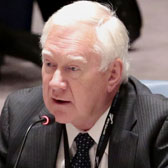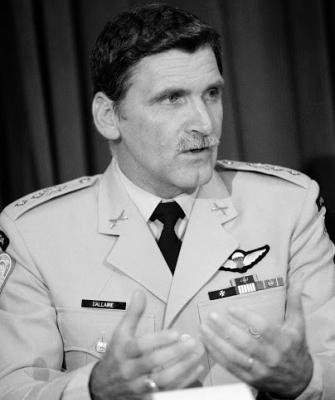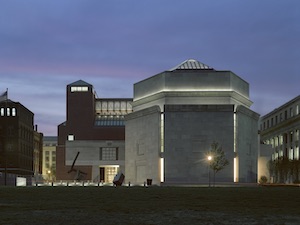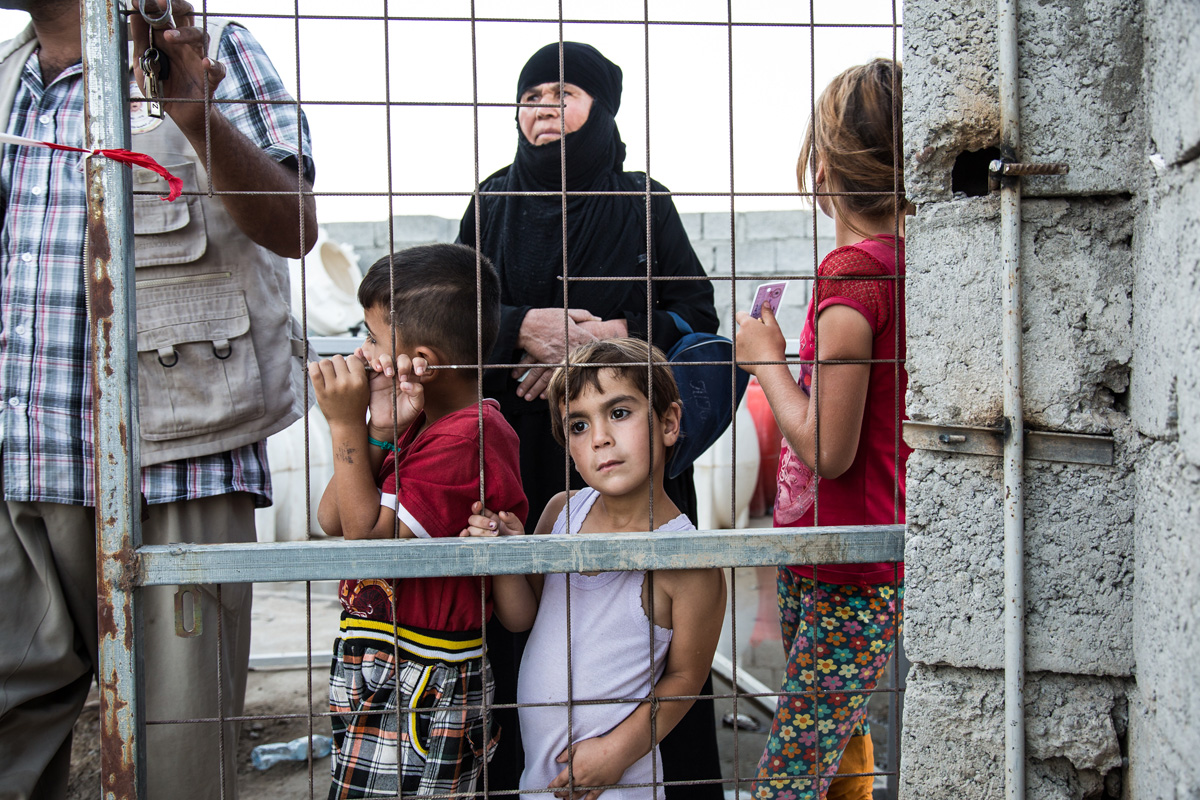Blog Home > responses
-

Visiting Fellow’s Report Analyzes Atrocity Prevention and US Policy Toward South Sudan
July 9, 2018
In a new report, From Independence to Civil War: Atrocity Prevention and US Policy Toward South Sudan, Jon Temin, a Visiting Fellow at the Museum’s Simon-Skjodt Center, explores how the US might have been more effective in helping prevent or mitigate the civil war and atrocities against civilians.
-

Holocaust Survivor Margit Meissner Speaks at US Capitol Event Focused on Assad Regime Atrocities
July 16, 2015
Holocaust survivor and Museum volunteer Margit Meissner urged listeners to transcend politics and create an effective response to the crisis in Syria.
-

UN Security Council and US Senate Pass Resolutions on the Prevention of Genocide
April 21, 2014
Both resolutions commemorate the 20th anniversary of the Rwandan genocide and call on states to recommit themselves to the prevention of and fight against genocide and other serious atrocity crimes.
-

Museum Launches Initiative to Examine International Responses to Genocide
January 9, 2014
The Museum has released previously unpublished material about a pivotal moment in the lead-up to the 1994 Rwandan genocide as part of new project that examines the massive failure of the international community to stop one of the most horrifying and brutal episodes of mass violence that the world has seen since the Holocaust.
-

US Confirms Chemical Weapons Used in Syria
June 14, 2013
On June 13, the White House issued a statement confirming the Assad regime has used chemical weapons, including the nerve agent sarin, against the opposition.
-

Is Genocide in Syria’s Future?
March 25, 2013
In June 2012, the United States Holocaust Memorial Museum expressed grave concern about the escalating violence in Syria and warned that the increasingly sectarian nature of that violence could, if unchecked, lead to genocide.
-

Museum Hosts Expert Panel on Incitement and Free Speech
February 11, 2013
The Museum co-sponsored a panel discussion about how to address inflammatory language with policies and practices that do not infringe on free speech.
-

Debating R2P: Can It Make a Difference?
December 17, 2012
On December 13 at the 92nd Street Y in New York City, the Museum co-sponsored a lively discussion about the Responsibility to Protect, or R2P, the emerging international doctrine aimed at protecting civilians from genocide and other forms of mass atrocities.
-

“The World’s Next Genocide”
November 16, 2012
In a New York Times op-ed, Simon Adams, executive director of the Global Centre for the Responsibility to Protect (external link), discusses the potential for genocide to unfold in Syria. Adams warns that as the current conflict intensifies, the risk increases of a violent backlash against Alawites and other minorities. He calls on governments to take decisive action to prevent further crimes against humanity from being committed, and to put an end to impunity for such crimes by engaging the International Criminal Court to ensure that perpetrators are held accountable.
-

Failure to Act: UN Releases Report Examining its Conduct During Final Days of Sri Lankan Conflict
November 16, 2012
A UN internal review panel released a report (external link, PDF) highly critical of the organization’s actions during the final five months of the conflict in Sri Lanka between the government and separatist rebels. During that period, January—May 2009, thousands of civilians were killed and wounded as government forces advanced on the stronghold of the Liberation Tigers of Tamil Eelam (LTTE)—a group designated as a terrorist organization by the US and other governments. The Sri Lankan Army’s advance and the LTTE’s use of civilians as human shields resulted in hundreds of thousands of people being caught between the warring parties. The report examines the failure of various UN bodies to adequately respond to the crisis as the human toll mounted, and evidence emerged of potential violations of international law by both parties.


